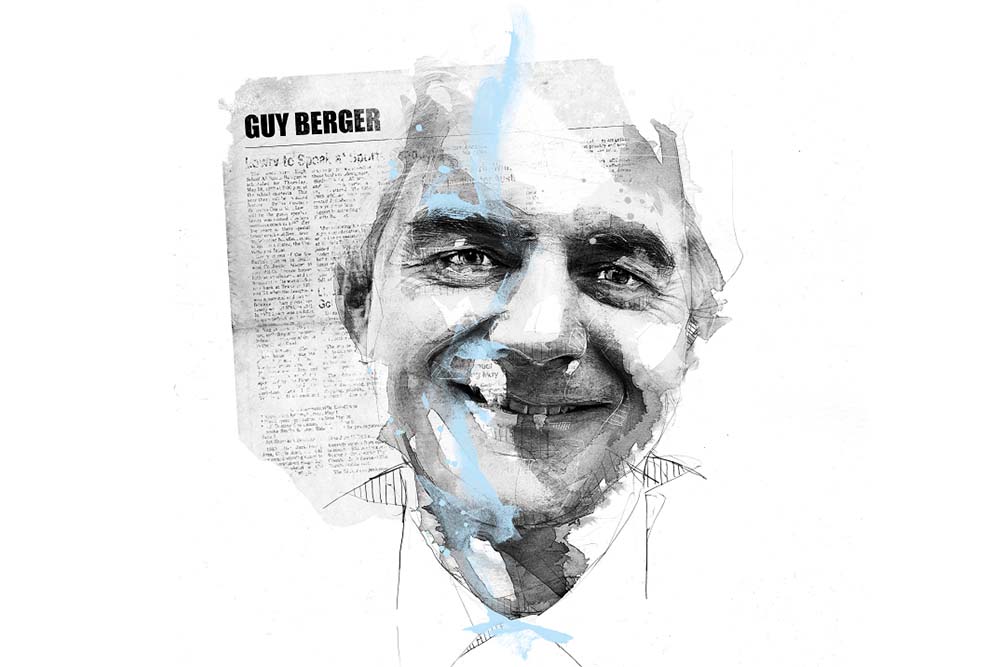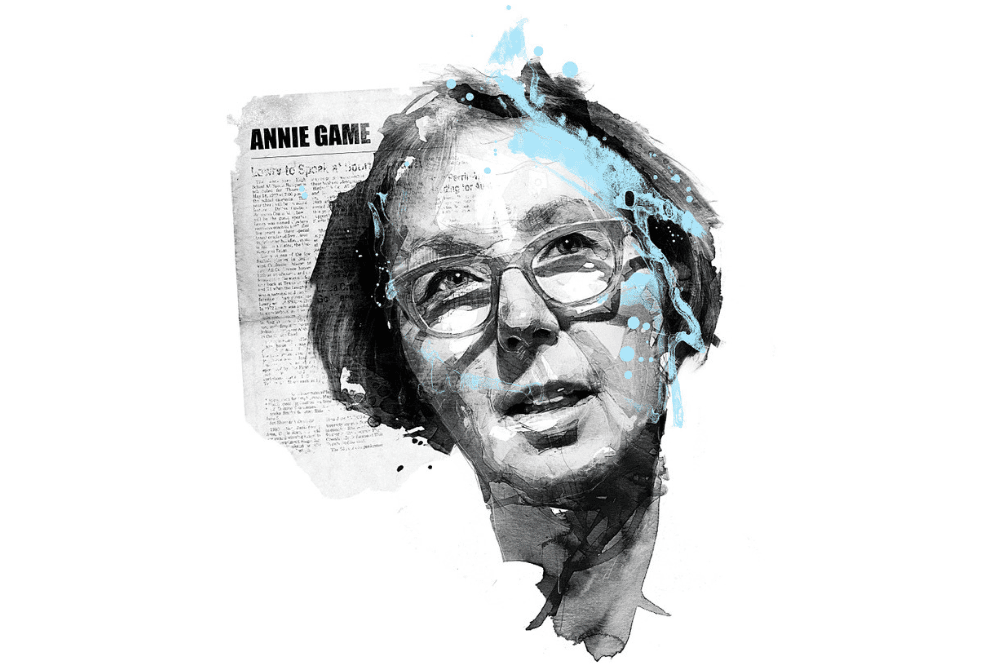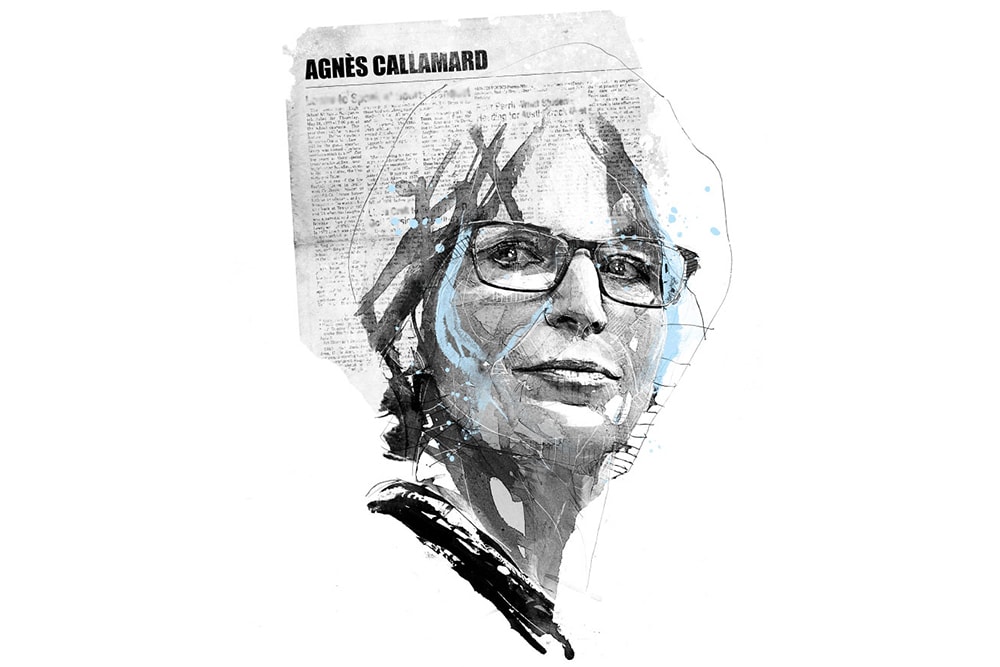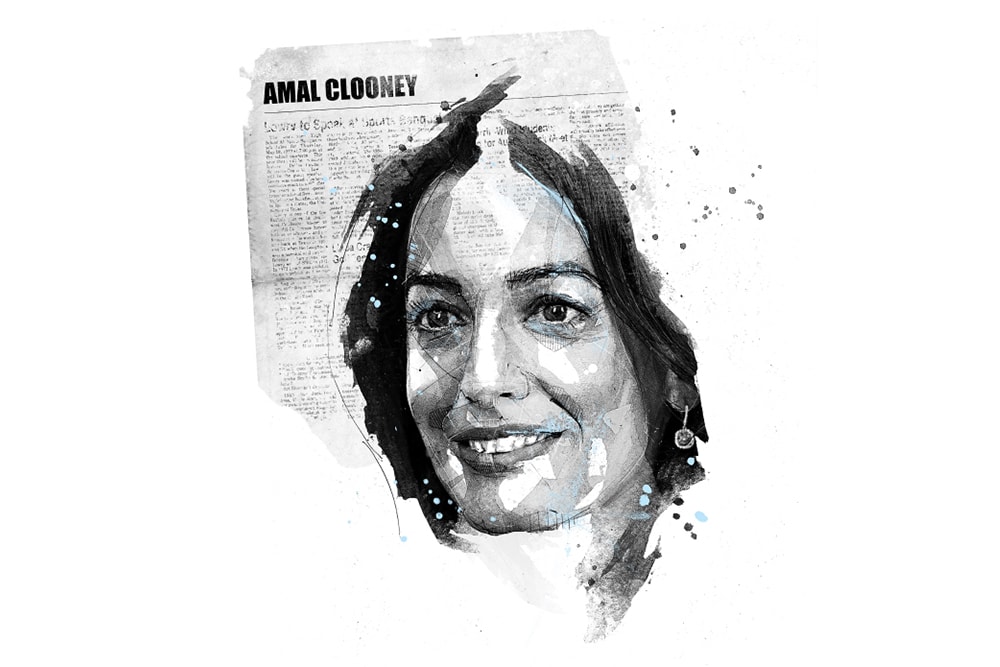As a young activist-journalist, Guy Berger fought against censorship, impunity and injustice in apartheid South Africa; he later went on to lead UNESCO's work battling these threats to free expression and the media.
"If you have freedom, but not a strong basis for journalism, it's like a half-empty freedom."
In 2009, the former anti-apartheid activist Janice Warman wrote an article for the Guardian in which she reminisced about former colleagues who had fought to bring an end to South Africa’s notorious system of institutionalised racial discrimination. “When I began to remember those times and the people who shaped them,” she wrote, “it was natural to think of Guy Berger.”
These days, Berger’s high profile is due largely to his work at UNESCO (2011-2022), where he was UNESCO’s Director for Policies and Strategies regarding Communication and Information (this role was known as Director for Freedom of Expression and Media Development until 2020). He was responsible for all aspects of the organisation’s work defending free expression from the various threats it faces globally, with a special focus on disinformation. The role had a deep personal significance for him because he had firsthand experience of the very problems that UNESCO works to address.
You could draw a straight line from Berger’s work at UNESCO to his early life fighting for social justice in South Africa. That line would lead back through an impressive media career (including a long stint as a columnist for South Africa’s Mail and Guardian), to prison, and, before that, to Rhodes University, where Berger went to study journalism and politics in 1975, and where he became an activist.
The transition from angry witness of injustice to full-blown activist can be short or long, but there are usually a few decisive moments that make such a transition inevitable. For Berger, as a young member of South Africa’s privileged white minority, those decisive events took place in 1977, after the torture and death in custody of the renowned anti-apartheid activist Stephen Biko.
Biko’s death provoked outrage around the world and large protests in South Africa, including mass ‘stay-aways’ from workplaces and universities. This in turn provoked the ire of the authorities: two of Berger’s white fellow students were banned from university for their involvement in one stay-away; however, a black lecturer (who had also taken part) was jailed and – in a horrific example of apartheid injustice in action – beaten with a cane. This disgusted the young Berger.
His anger grew as he saw the persecution of the independent media increase in the aftermath of Biko’s death. He watched as Donald Woods – an anti-apartheid journalist, editor of the Daily Dispatch, and a friend of Biko – became a high-profile target of the government (Woods was stripped of his editorial position, banned from writing or speaking publicly about Biko and eventually forced to go into exile). In the same year, three independent newspapers – the Voice, the World and the Weekend World – were banned.
These events persuaded Berger that resistance was the only option: “I had to get involved directly. The only way the apartheid nut could be cracked was through direct challenge, rather than through the all-white Parliament.” He immersed himself in student activism and worked for a township newspaper. He also became a keen reader and distributor of literature that was banned by the apartheid regime, including ANC (African National Congress) pamphlets and texts by Nelson Mandela and Che Guevara.
Betrayed by a spy, Berger was eventually arrested one night in August 1980. He was interrogated about being a member of the ANC (even though ANC rules did not then allow white South Africans to join the organisation) and was subjected to torture in the form of sleep deprivation and beatings. But the worst part of the experience, according to Berger, was the three months he had to spend in solitary confinement.
At his trial, Berger was convicted of possessing banned books and – absurdly – of being a member of the ANC. He was sentenced to seven years in jail, reduced to two on appeal; he was released in 1983.
In 1985, Berger (like Woods in 1977) was pressured into exile and for five years lived in London. His first job was as a distributor for the Mail and Guardian (then called The Weekly Mail). Later, he became diplomatic correspondent for the Morning Star and set up Afravision – a television production/distribution company. In 1991, shortly before the end of apartheid, he went back to South Africa as editor of New Era magazine and, in 1994, he took the opportunity to return to the place where his activism began – Rhodes University – as head of the School of Journalism and Media Studies. In 2011, he joined UNESCO.
In interviews and speeches, Berger used his position to draw public attention to some of the most critical free expression issues today, including: declining journalists’ safety – “It’s definitely gotten worse. In some situations, those who were violent still needed journalists to get their message out. Now, they think, ‘if we kill a journalist, we can get our message out on YouTube’;” access to information – “The critical currency for us to survive in the modern world;” and impunity – “The killings are the tip of the iceberg and have the biggest silencing effect of any repression.” It’s not hard to see how these themes might have had a special resonance for someone who was once a young activist-journalist in apartheid-era South Africa, and whose torturers were never punished.
In 2020, Berger’s role at UNESCO became especially focused on disinformation. Early on in the COVID-19 pandemic he strove to highlight the threat posed by the promotion of false narratives about the virus – “When disinformation is repeated and amplified, including by influential people, the grave danger is that information which is based on truth, ends up having only marginal impact” – and championed independent journalism as a vital line of defence against lies. Berger also urged governments to tackle disinformation about the virus by being more transparent, improving access to information, and by not imposing restrictions on freedom of expression “that can harm the essential role of an independent press”. Too many governments around the world did not heed that call.
In 2022, Berger left his role at UNESCO. He currently works as a consultant on media and internet policy issues and is a professor emeritus at Rhodes University.
Illustration by Florian Nicolle




